Edinburgh Book Festival chief suggests 'hybrid' events are the future for city's culture status
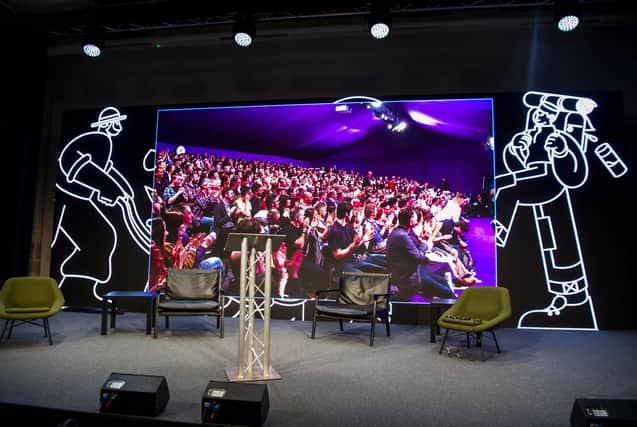

Edinburgh International Book Festival director Nick Barley said the global broadcasting of signature cultural events would help cut their carbon footprint and tackle concerns about the impact of “festivalisation” in the city.
And he suggested the city’s festivals should give equal priority to audiences attending events in person and watching online in future to help maintain their global profile and ensure they remain popular in Edinburgh.
Advertisement
Hide AdAdvertisement
Hide AdThe book festival, which was facing growing scrutiny over the poor condition of Charlotte Square Gardens after attracting record attendances in recent years, has relocated to a new home at Edinburgh College of Art this month.
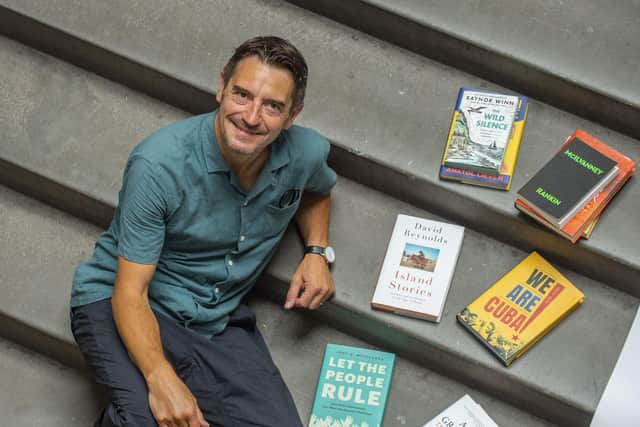

Crowds will be capped at just 100 and 60 in the two spaces for events at the art college’s sculpture court due to the festival's policy to maintain one metre social distancing at all events.
However, all events being staged at the festival site, which opens on Saturday, will be available to watch live online from anywhere in the world.
Up to six cameras will be used to film each event, with some featuring overseas guests who will appear via a screen behind the stage.
Mr Barley said: “We’ve got to show that the experience you have in audience in the sculpture court or the courtyard at the art college is so good that it doesn’t really matter if an author is speaking from the stage in Edinburgh or speaking from their home on the other side of the world.
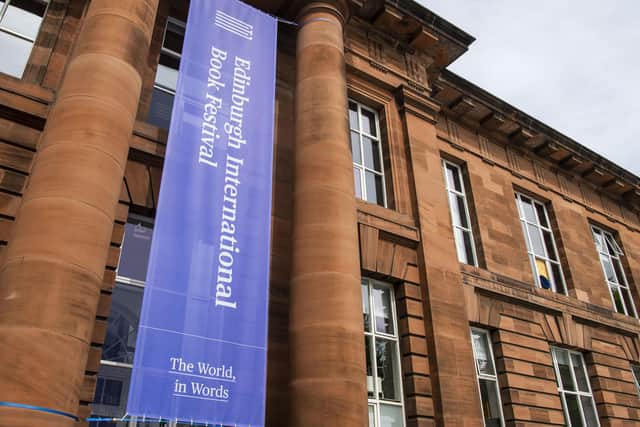

"Equally, we want to ensure that you will want to watch it whether you are buying to a ticket to come to the event in Edinburgh or are watching it online. We’ve put so much time and effort into making it an equal experience wherever you are.
“We may get the balance wrong this year. I think people understand we are in a transition period. Mistakes will be less forgivable next year. We’ll have to be the very top of our game.
Advertisement
Hide AdAdvertisement
Hide Ad“One thing is for sure – we are not going back to the way we did the festival in 2019.”
Mr Barley insisted Edinburgh’s festivals had been grappling with how to reduce their carbon footprint for years and had been actively discussing the possibility of hybrid events evolving in 2019.
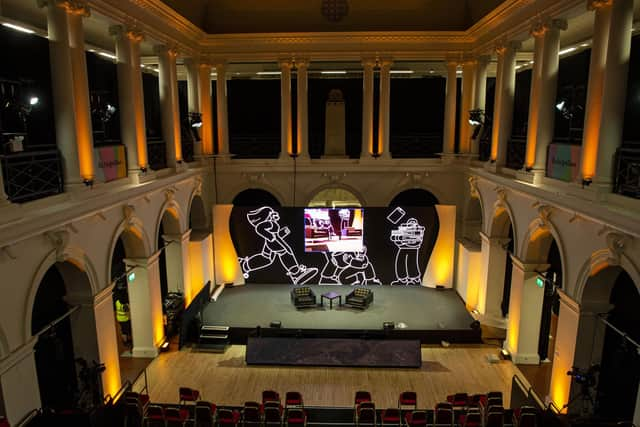

The book festival director added: “We were all thinking hybrid events would happen in 2025 or 2030 at the earliest. The pandemic has brought it all forward.
“Our primary goal is to learn how to be a hybrid event, because we know that, in the future, we know that hybrid events are where it will be, not just for us, but for a lot of other festivals.
“It’s my view that Edinburgh will thrive in future if it can establish itself as the world’s leading hybrid festival city. That’s going to help us deal with the realities of the online world we are living in now, as well as the carbon footprint problems that all festivals are facing.
"One of the few benefits of the awful period we’ve been through is that its helped us to learn new tricks and innovate.
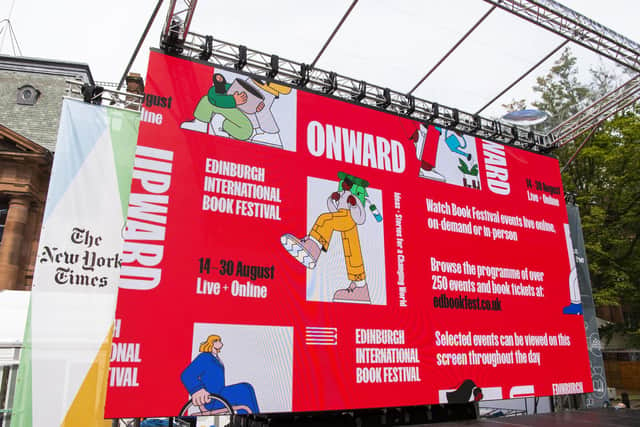

"I hope and would expect that every year from now on we will be learning new ways to do the festival, as a driver for innovation and new thinking towards a goal of being the best hybrid book festival in the world’s leading hybrid festival city.”
Advertisement
Hide AdAdvertisement
Hide AdThis year’s festivals have been planned and launched against a backdrop of debate about what form and scale they should take in future, amid claims that a relaxed approach to regulation and management of them is a threat to Edinburgh’s world heritage status.
Mr Barley added: “I would like us all to try to work out how Edinburgh can fall in love once again with the idea of it being a festival city. We have got to go back to why Edinburgh works as a festival city, why it has been so popular and find that spirit in the city.
“We’ve then got to work towards what that means for festivals in 2022 and 2023, to accommodate the citizens of Edinburgh, visitors and online visitors, as well as local, British and international performers. That’s a really exciting challenge.
“We've got something special which has taken 75 years to build up. We’re in danger of forgetting about that because there are some legitimate complaints about over-festivalisation, which we have to fix, but let’s not lose sight of the main prize.
“Part of the reason Edinburgh’s festivals became world renowned was because there has been such a massive appetite for them. The majority of people who have bought tickets over the years have been Edinburgh citizens.”
Comments
Want to join the conversation? Please or to comment on this article.